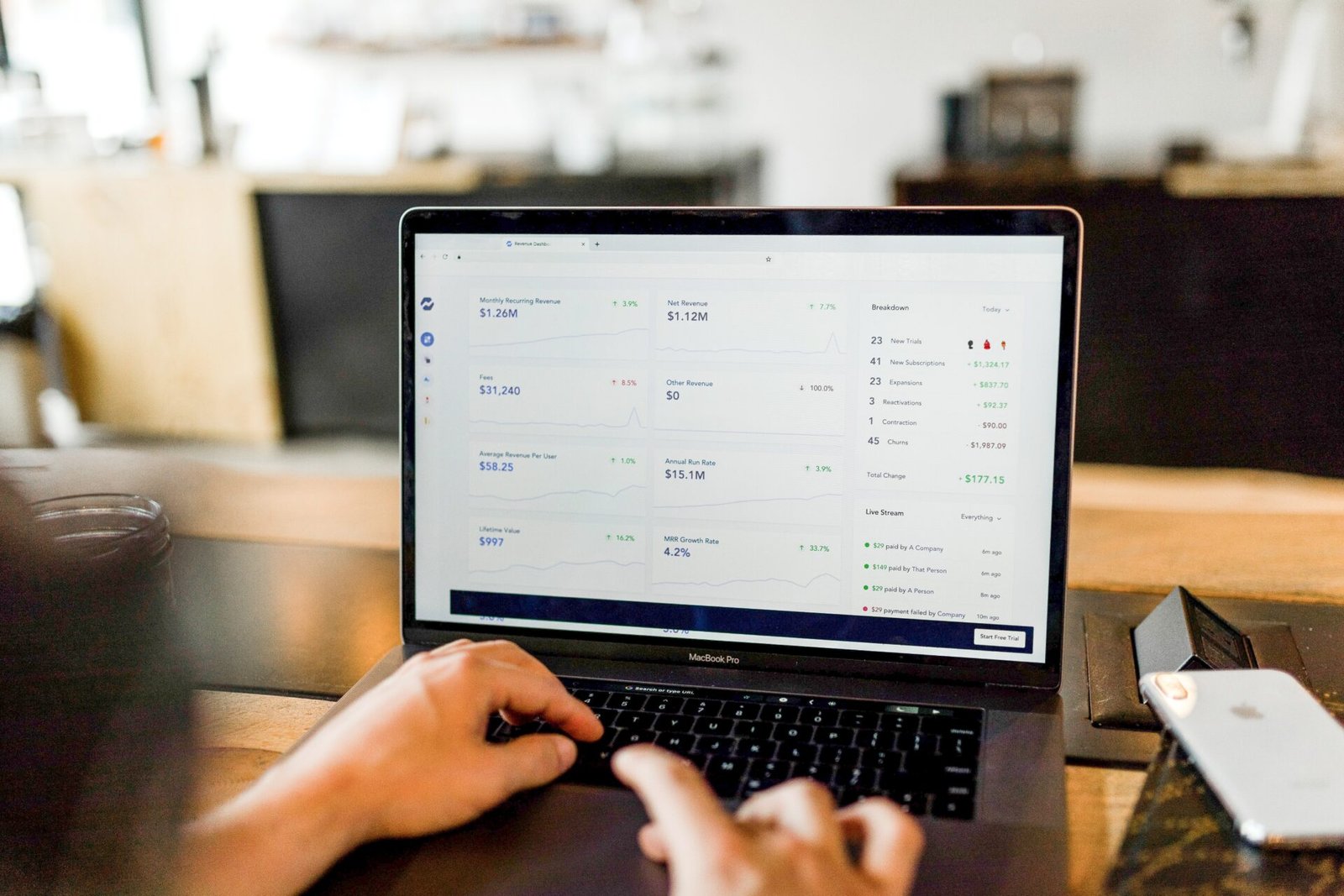Introduction
Choosing the right broker is a crucial decision for anyone looking to invest in the financial markets. A broker acts as an intermediary between you and the market, executing your trades and providing you with the necessary tools and resources to make informed investment decisions. With so many options available, it can be overwhelming to find the right broker that suits your needs. In this article, we will discuss some key factors to consider when choosing a broker.
Regulation and Security
One of the first things to consider when choosing a broker is their regulatory status. A regulated broker operates under the supervision of a financial authority, ensuring that they adhere to certain standards and guidelines. This provides a level of security and protection for your investments. Look for brokers that are regulated by reputable authorities such as the Securities and Exchange Commission (SEC) in the United States or the Financial Conduct Authority (FCA) in the United Kingdom.
Trading Platform
The trading platform is the software that you will use to execute your trades and manage your investments. It is important to choose a broker that offers a user-friendly and reliable trading platform. Look for features such as real-time market data, advanced charting tools, and a wide range of order types. A demo account is also a valuable feature that allows you to test the platform and familiarize yourself with its functionalities before committing real money.
Product Offering
Consider the range of products and instruments offered by the broker. If you have a specific investment strategy or prefer to trade certain assets, make sure the broker offers those products. Some brokers specialize in certain markets or asset classes, while others provide a broader range of options. Whether you are interested in stocks, bonds, forex, or cryptocurrencies, choose a broker that aligns with your investment goals.
Costs and Fees
Trading costs and fees can significantly impact your overall investment returns. Different brokers have different fee structures, so it is important to understand the costs involved. Look for brokers that offer competitive spreads or commissions, as well as transparent fee structures. Be aware of any hidden fees or charges, such as account maintenance fees or withdrawal fees. Consider your trading frequency and volume to determine which fee structure is most suitable for you.
Customer Support
Good customer support is essential when dealing with a broker. You want to ensure that you can easily reach out to them for assistance or clarification whenever needed. Look for brokers that offer multiple channels of communication, such as phone, email, and live chat. Consider the availability and responsiveness of their customer support team. Reading reviews and testimonials from other clients can also give you insights into the quality of their customer service.
Educational Resources
Whether you are a beginner or an experienced investor, educational resources can be invaluable in enhancing your trading skills and knowledge. Look for brokers that provide educational materials such as webinars, tutorials, and market analysis. Some brokers even offer educational courses or trading academies. These resources can help you stay informed about market trends, learn new strategies, and make more informed investment decisions.
Conclusion
Choosing the right broker is a decision that should not be taken lightly. Consider factors such as regulation, trading platform, product offering, costs and fees, customer support, and educational resources. Take the time to research and compare different brokers to find the one that best suits your investment needs and preferences. Remember, a good broker can make a significant difference in your trading experience and overall investment success.






Be First to Comment